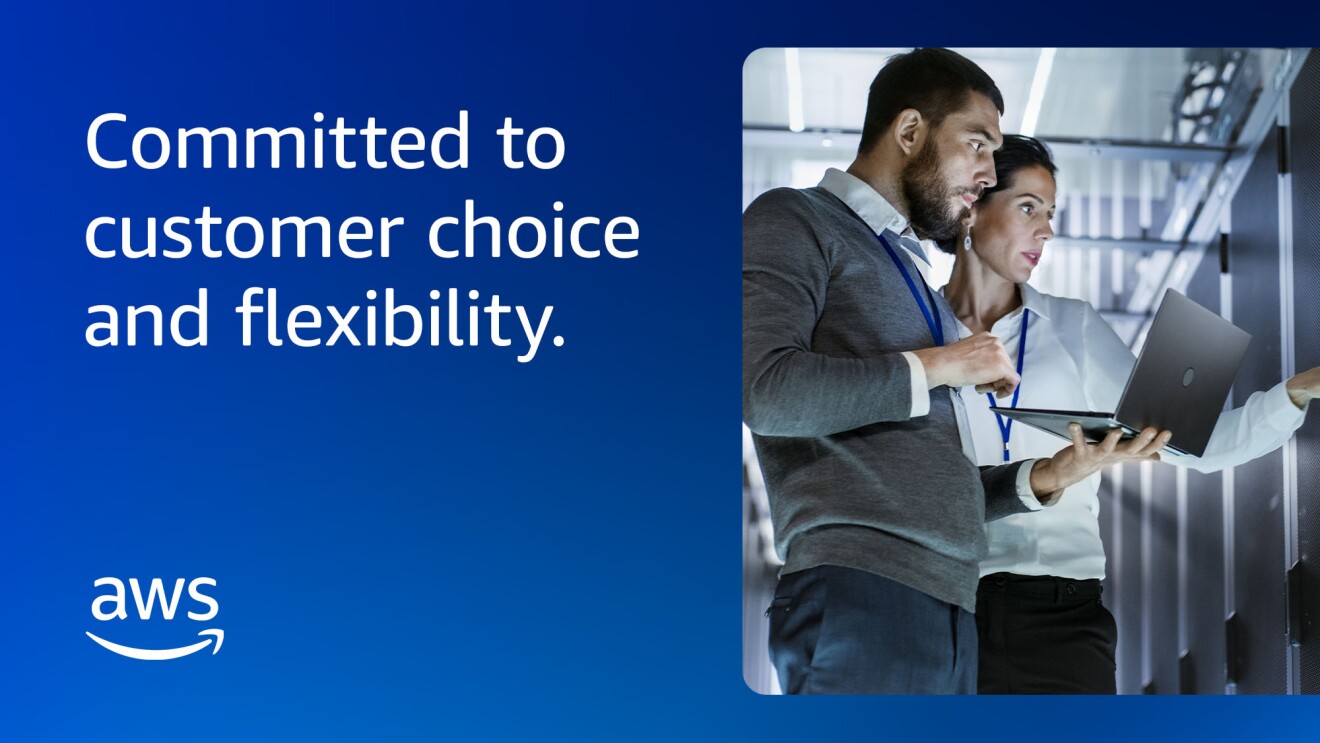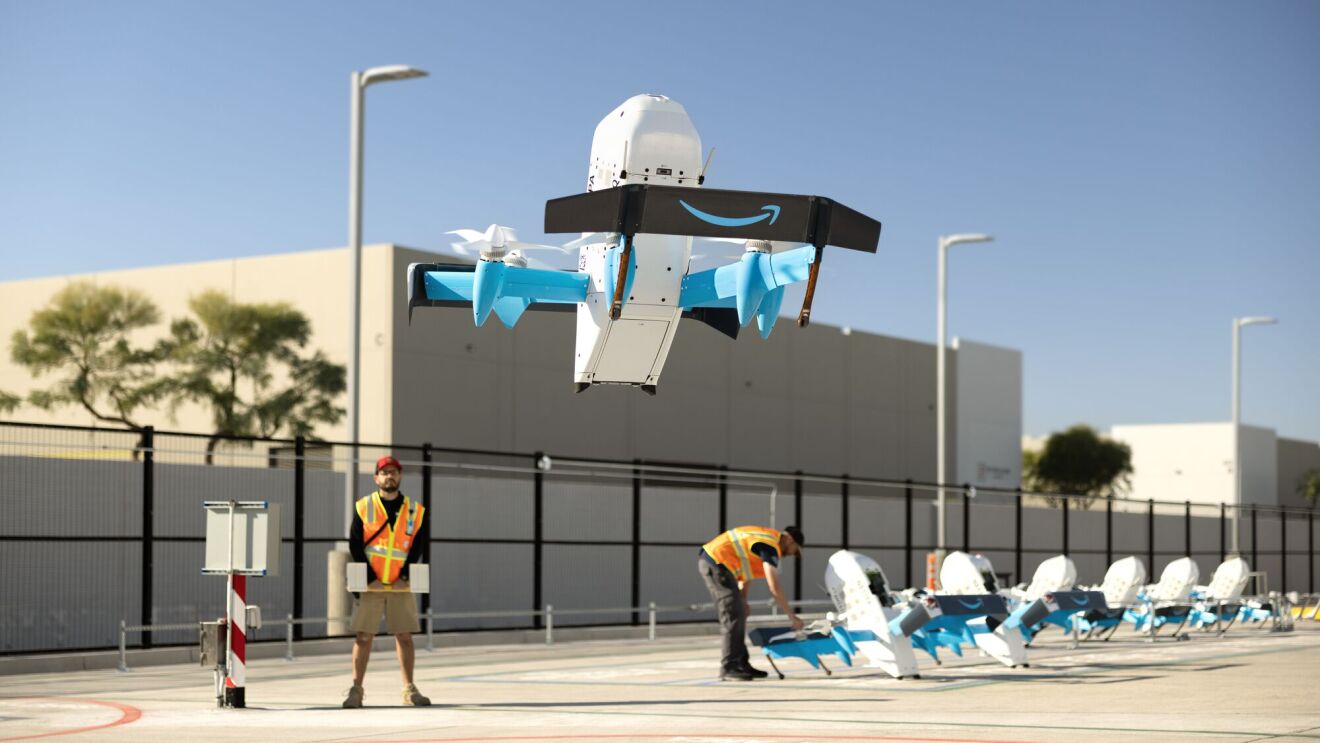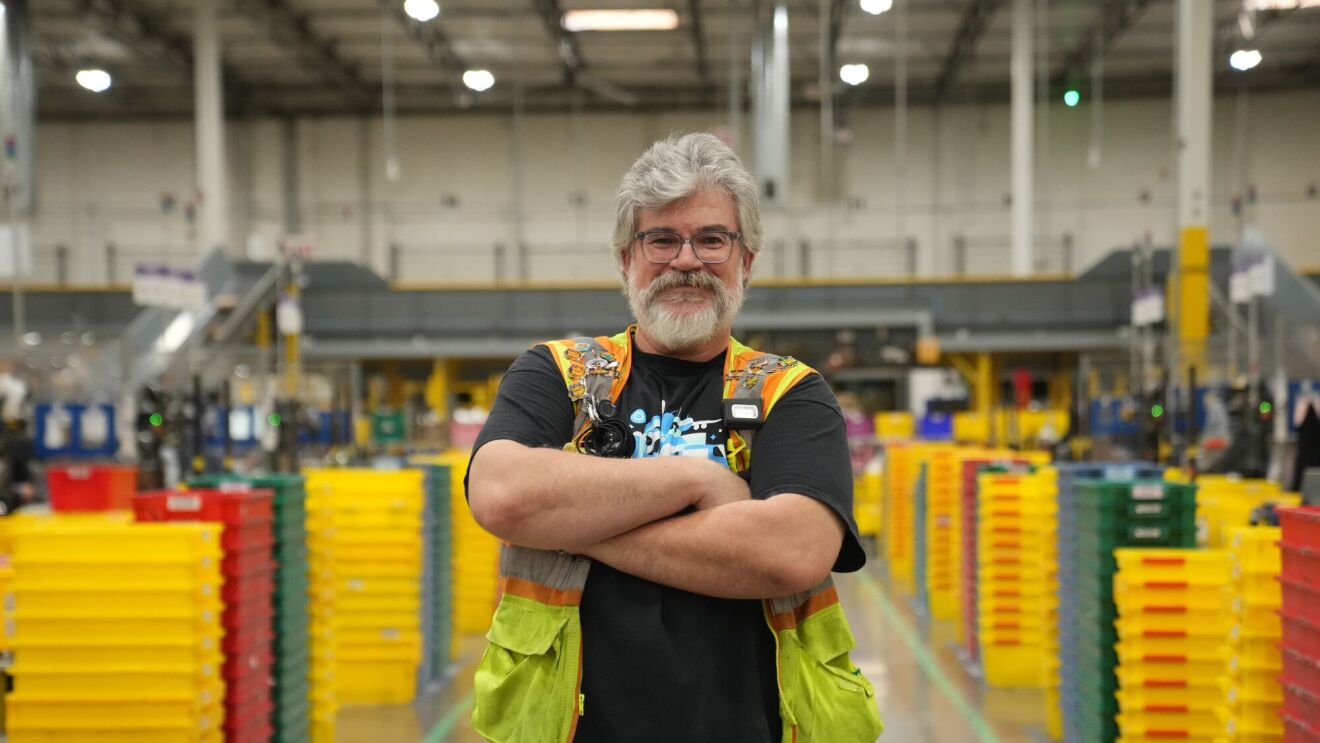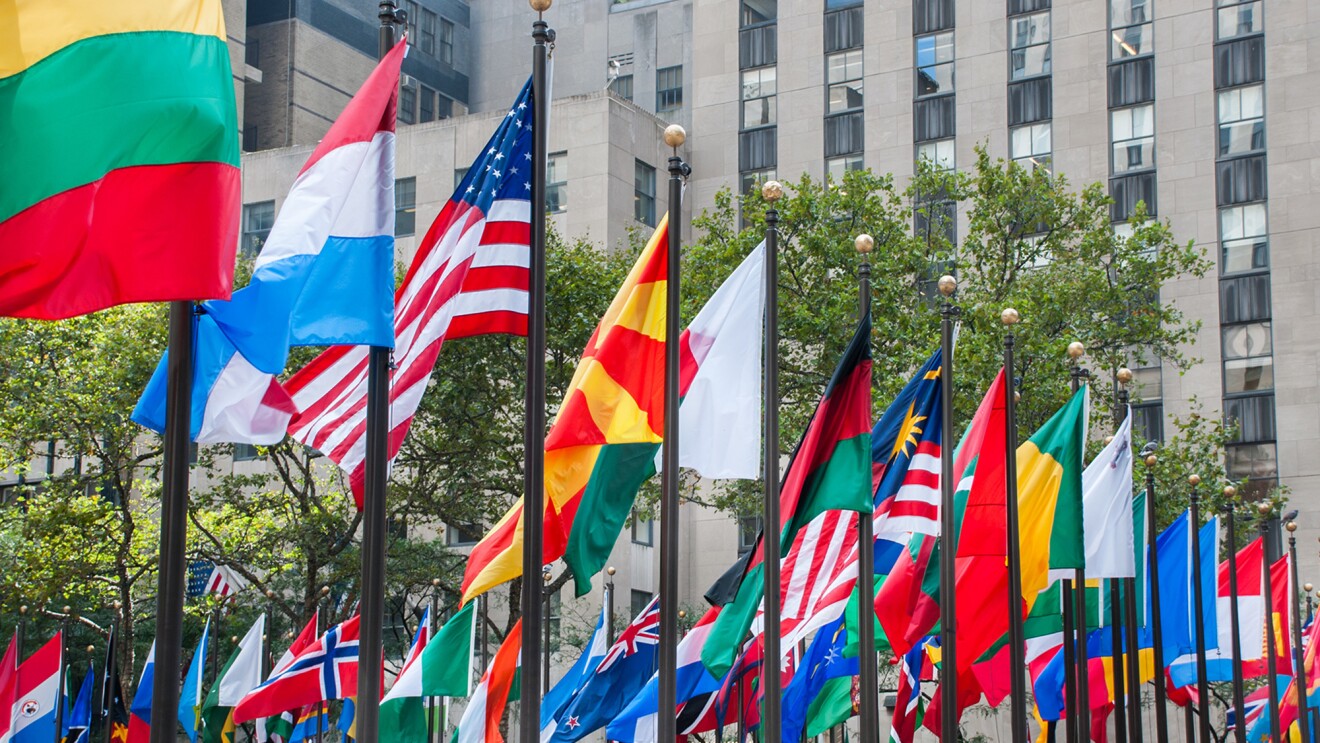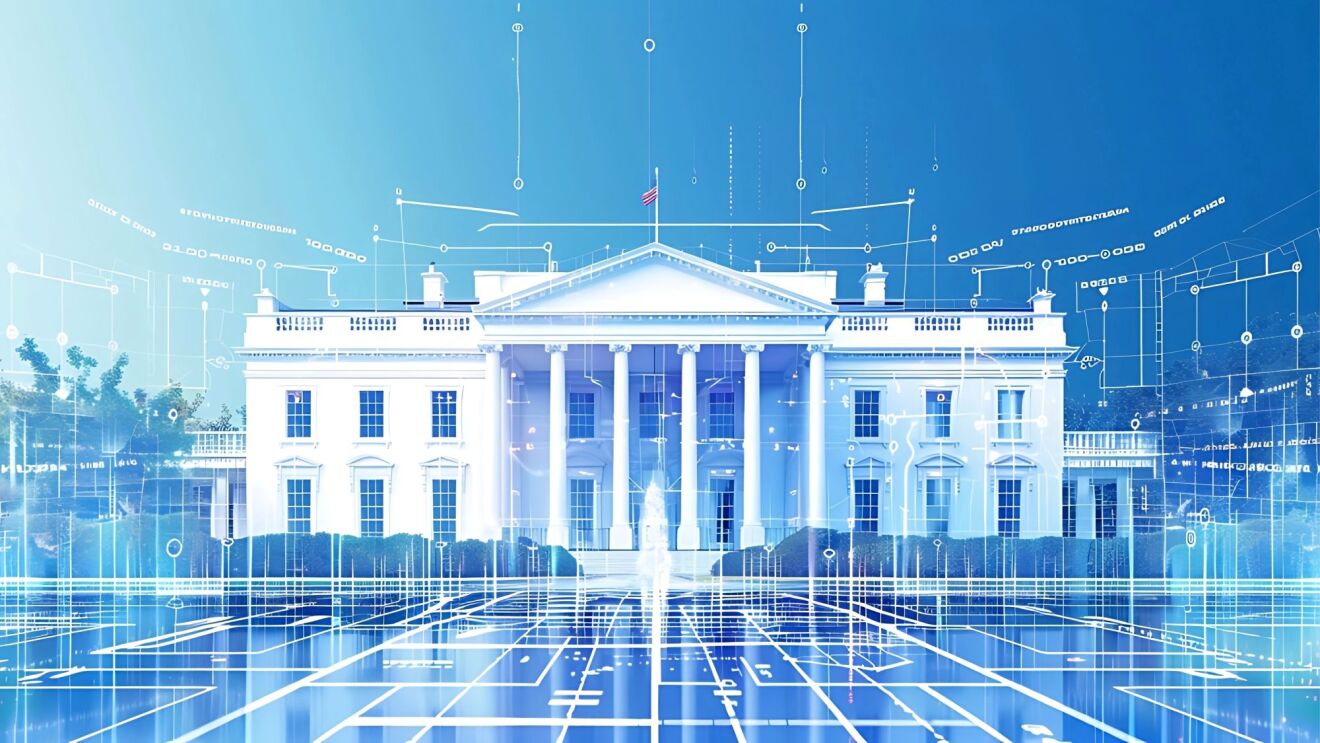The federal minimum wage in the U.S. should be raised. The federal minimum wage is $7.25 and has not increased since 2009. Raising the minimum wage would have a significant impact on the lives of tens of millions of individuals and families across the nation and help address growing income inequality. We pay an average base wage of more than $23 per hour and an average total compensation of more than $30 per hour when you include the value of elected benefits. We are using our position as one of the nation’s largest employers to encourage other companies to raise their wages and to appeal to members of Congress and state legislatures to raise the minimum wage.
Our Positions
We created this page to provide customers, investors, policymakers, employees, and others our views on certain issues. While our positions are carefully considered and deeply held, there is much room for healthy debate and differing opinions. We hope being clear about our positions is helpful.
Human-induced climate change is real and serious, and action is needed from the public and private sectors. The overwhelming majority of climate scientists agree that human activities have been contributing to climate-warming trends over the past century. Most leading scientific organizations worldwide have issued public statements endorsing this position. We agree and have created The Climate Pledge—a commitment to reach the Paris Agreement 10 years early. We are innovating and investing to be net-zero carbon by 2040, and have been the world’s largest corporate buyer of renewable energy since 2020. We purchased 100,000 fully electric delivery vehicles, the largest order ever for electric delivery vehicles, and we are investing over $1 billion in nature-based climate solutions and reforestation projects around the world to begin removing carbon from the atmosphere now. Our sustainability website provides comprehensive reporting on our carbon footprint and progress on our commitments.
The energy industry should have access to the same technologies as other industries. We will continue to provide cloud services to companies in the energy industry to make their legacy businesses less carbon intensive and help them accelerate development of renewable energy businesses. We support sustainability programs for our own business, and we work with partners to reduce their demand for carbon fuel sources.
We are committed to creating a diverse and inclusive company that helps us build the best range of products and services for our broad customer base. Amazon customers represent a wide array of geographies, cultures, genders, races, ethnicities, abilities, ages, religions, sexual orientations, military status, backgrounds, and political views. To build the best products and services for our diverse customers, it’s important for our workforce to be diverse, and this drives our commitment to equitable and inclusive employment and business opportunities — from prioritizing equal pay, to creating career pathways, to partnering with small and diverse businesses that help us serve our customers. We also believe that inequitable treatment of anyone—including Black people, LGBTQ+ people, Asians, women, and others—is unacceptable, and we advocate for policies designed to remove barriers to equity and create an inclusive environment for all employees.
We strongly support the rights of immigrants and immigration reform. Amazon believes the U.S. should welcome the best and the brightest talent from around the world. It's imperative for our country's competitiveness. Amazon has hundreds of thousands of employees in the U.S. from all backgrounds who are dedicated to inventing on behalf of and serving our customers. We support our refugee and humanitarian-based immigrant population through our Welcome Door program, which provides new immigration resources and support, because we recognize the challenges they face in the U.S. We support and lobby for immigration reform, including a legal pathway to citizenship for Dreamers and reforms to the green card and high-skilled visa programs.
All people should have access to housing they can afford. Low-income and minority families are disproportionately affected by an affordable housing shortage in the U.S. While only governments at the local, state, and federal level have the capacity to implement more effective housing policies, we believe the private and public sectors can work together to address this challenge. We will use our position as a large employer to support innovative housing affordability initiatives. And, in locations where we have a sizeable presence, we will invest directly in efforts where we believe our financial support will make a difference.
Governments at all levels—federal, state, and local—should have access to the best technology. Harnessing the capabilities of advanced technology such as the cloud, artificial intelligence (AI), and edge computing are important to the ongoing safety and security of the country, its citizens, our communities, and the world. We will continue to provide governments and public safety agencies access to the most advanced technology and other commercial innovations.
We believe generative AI will transform virtually every customer experience and industry. For the U.S. and the world at large to unlock the benefits of AI while minimizing its risks, we must work together to establish AI guardrails that are consistent with democratic values, secure economic prosperity and security, ensure global interoperability, promote competition, and enhance safe and responsible innovation. This balanced approach will enable all industries to benefit from AI technologies while safeguarding against the risks of this technology, particularly where AI use cases have the potential to affect individuals’ health and safety or civil rights.
Counterfeiters should receive stronger penalties under federal law. Counterfeit is one of the few crimes specifically prohibited by the U.S. Constitution, yet bad actors are undeterred and continue to push their products through online and physical stores, harming both consumers and the retail companies that serve them. In 2023, Amazon invested over $1.2 billion and had more than 15,000 employees fighting fraud and abuse, including counterfeit. Over the last four years, our actions decreased bad actor account creation attempts from 6 million in 2020 to 2.5 million in 2021 and, finally, 700,000 in 2023. Amazon supports and lobbies for U.S. federal policies that make intellectual property violations crimes with meaningful penalties, and for law enforcement to have resources to appropriately prosecute these crimes. We also support a requirement that every package imported into the U.S. clearly identify the person or entity responsible for shipping the product. To learn more about how Amazon protects customers from counterfeit, fraud, and other forms of abuse, visit our Anti-Counterfeiting page on Amazon’s Trustworthy Shopping site.
Consumer data privacy should be protected under federal law. We have built privacy into our services from the ground up, and we never sell our customers' personal data. Many core features of the customer experience at Amazon depend on us using data responsibly and transparently. Our customer-centric approach has led us to follow privacy-by-design principles since our founding. We disclose in our privacy notice the types of data we collect and the limited circumstances in which we share customer data with third parties. We support U.S. federal privacy legislation that requires transparency, access to one's own personal information, and the ability to delete personal information, and prohibits the sale of personal data without consent. In the absence of congressional action, we support well-crafted state laws that protect consumers' privacy, while continuing to allow for innovation.
We support tax systems that are stable, principled, and administrable. We believe that tax codes should foster innovation, investment, job creation, and growth. We believe that tax laws should support a level playing field and fair competition among businesses in the consumer interest, and should not discriminate against specific industries. We believe that sound tax policy ultimately taxes every dollar of profit only once. We engage and collaborate with relevant policymakers to share knowledge and experiences across omnichannel retail, cloud computing, media content, devices, and many other relevant areas.
More from Amazon
1 / 1
